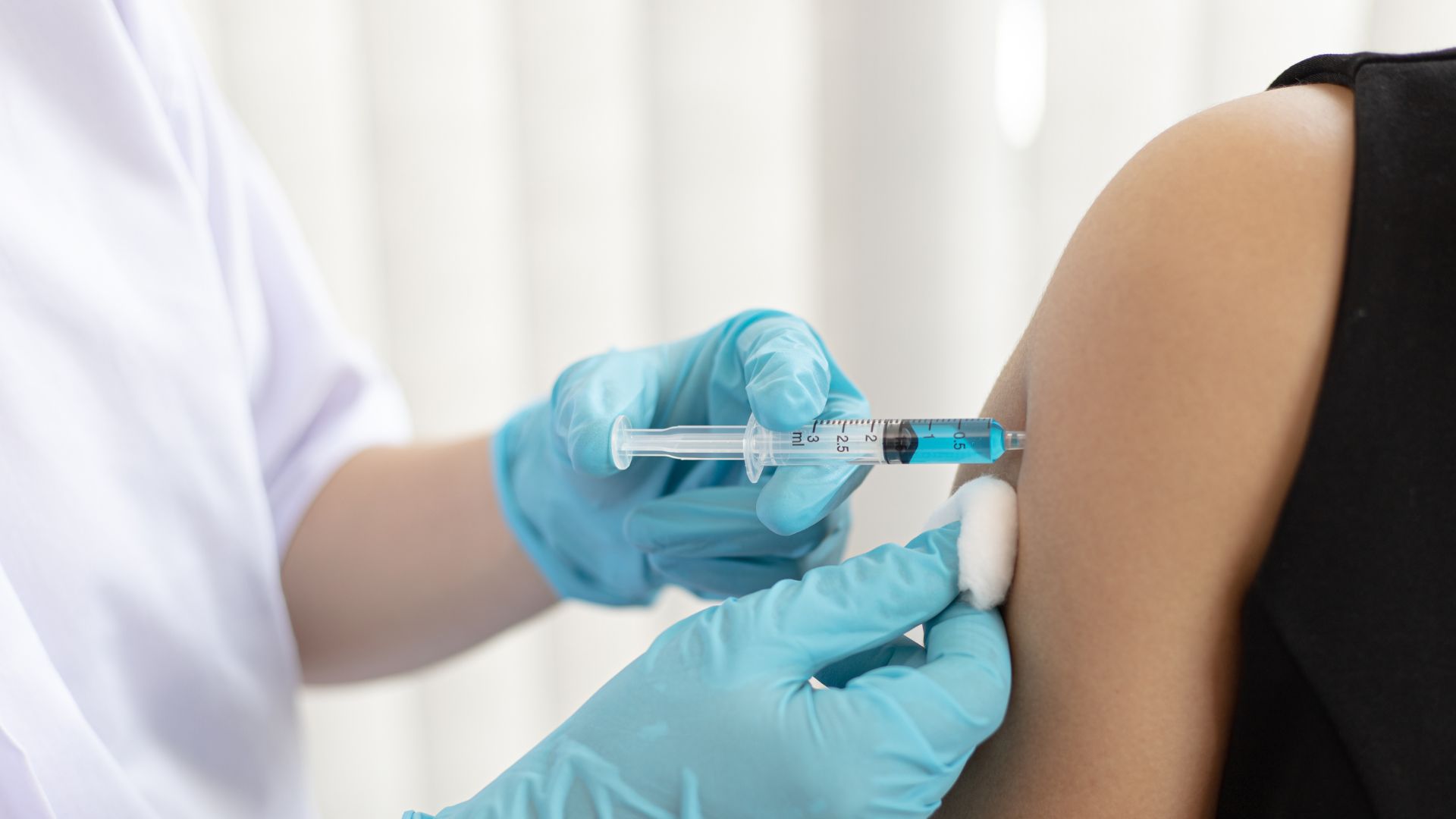Anticoagulation monitoring
Our complex care assistants are able to undertake routine anticoagulation monitoring such as INR readings and other point of care testing. We offer routine observations and monitoring and escalate these results when they are outside of the therapeutic targets.
Our complex care assistants are able to undertake routine anticoagulation monitoring such as INR readings and other point of care testing.
01229 311157
Contact Us
About our Anticoagulation monitoring
Our complex care assistants are able to undertake routine anticoagulation monitoring such as INR readings and other point of care testing. We offer routine observations and monitoring and escalate these results when they are outside of the therapeutic targets.
Anticoagulants are medicines that help prevent blood clots. They’re given to people at a high risk of serious conditions such as strokes and heart attacks, and to people requiring treatments for Deep Vein Thrombosis (DVTs) or Pulmonary Embolism (PE). There are certain medical conditions which make developing blood clots more likely such as Atrial fibrillation, Cancers, thrombophilia and mechanical heart valves and these patients require long term anticoagulation therapies and monitoring.

Focusing on behaviour, cognition and mobility, we offer assessments based on key areas such as everyday life skills, cognitive skills and involvement in the local community. We tailor support to individuals’ needs and encourage and motivate people to maintain or increase their independence through therapeutic, leisure and social activities.
What does MSH Healthcare provide?
Our service will work alongside your medical provider to monitor your INR on a regular basis and our medical team will escalate results outside of therapeutic targets to allow your healthcare provider to adjust dosing regimes accordingly. Each patient will have an individualised care plan which will determine their target INR and their required testing frequency, for some clients this could be life long.

What are Anticoagulants?
Anticoagulants are medicines that help prevent blood clots. They’re given to people at a high risk of getting clots, to reduce their chances of developing serious conditions such as strokes and heart attacks. A blood clot is a seal created by the blood to stop bleeding from wounds.

